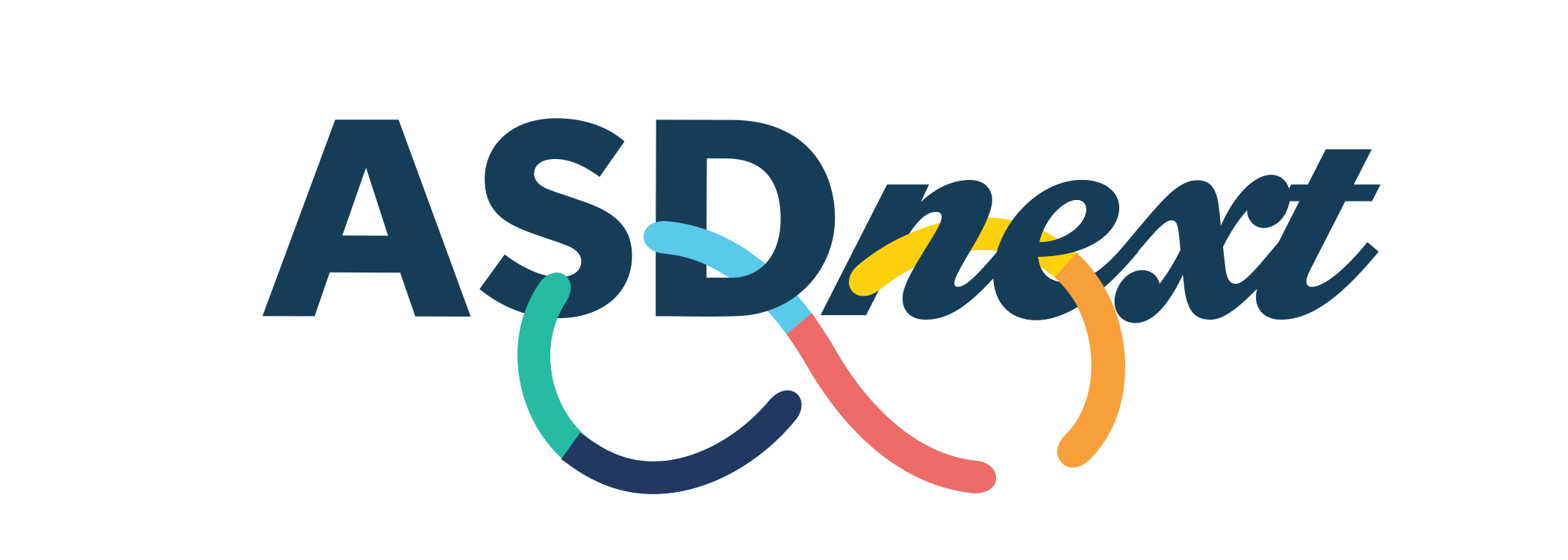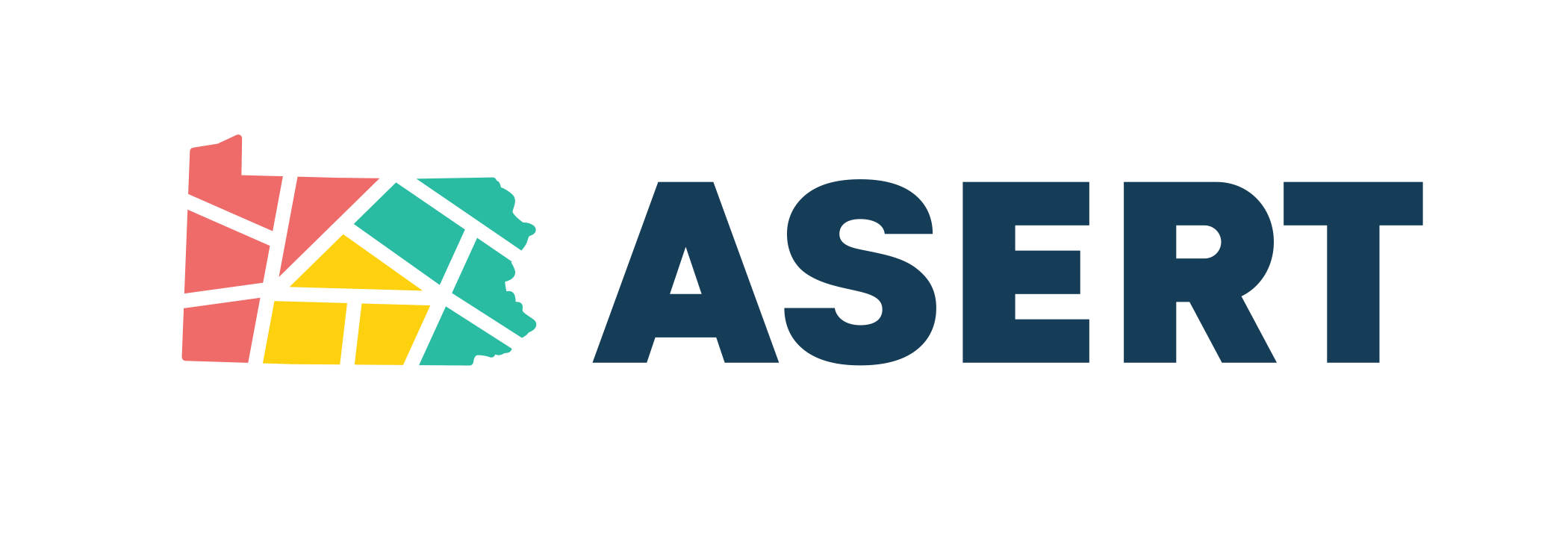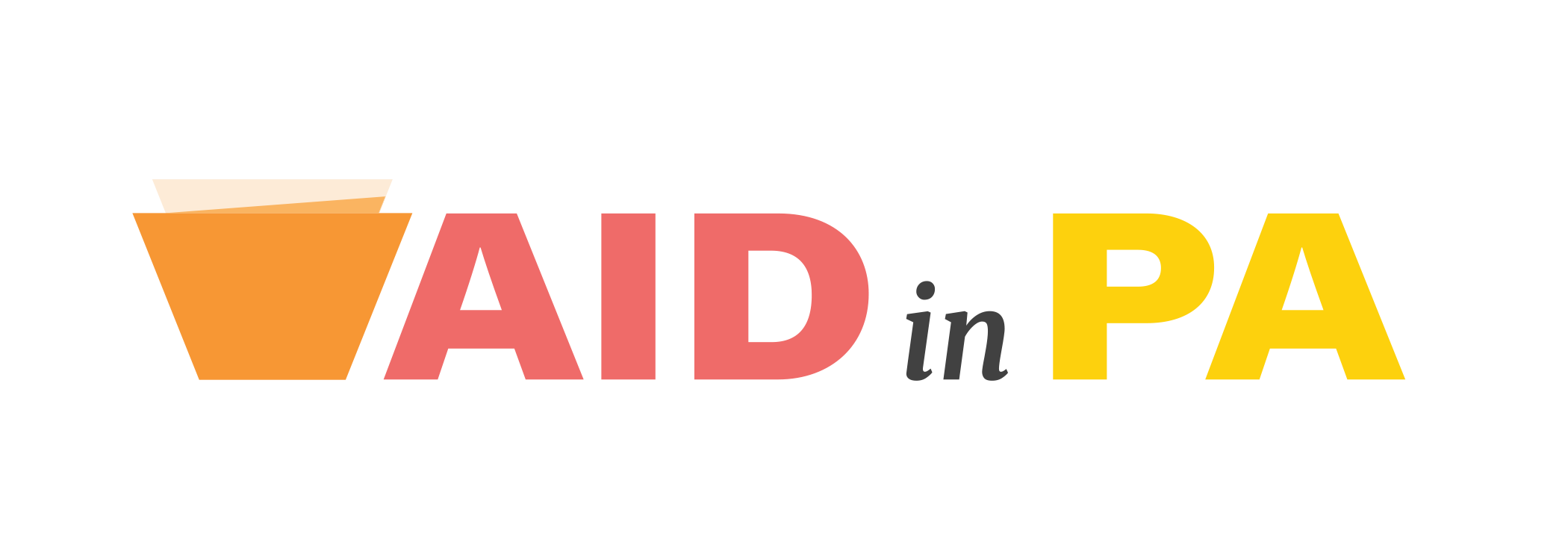Positive Approaches Journal, Volume 13, Issue 4
Wong | 18-25

Volume 13 ► Issue 4 ► March 2025
Cooking with Confidence for Autistic Individuals
Mi-Yeet Wong
What if we reimagine our approach to whole health? Instead of addressing isolated aspects of a person’s life, we could take a more holistic view—one that considers the interconnected factors shaping their well-being. Take cooking, for example. Rather than simply teaching people how to prepare meals, we could explore their first experiences with cooking, their access to ingredients, the foods they enjoy, and how often they share meals with others. From an educational standpoint, how can we equip individuals to assess a food’s nutritional value in a way that aligns with their unique health needs? And from a systems perspective, how can we leverage existing resources to create sustainable opportunities that foster long-term well-being? These are all questions we have explored in our community-based program Cooking with Confidence for Autistic Individuals. This article will share insights from the program, highlight existing initiatives and resources, and discuss opportunities for future development.
Philosophy
Cooking with Confidence for Autistic Individuals is grounded in multiple conceptual frameworks and philosophies that shape its purpose, reach, and implementation. These approaches include Food is Medicine,2 the belief that community is intervention, the Living an Everyday Life framework,1 and a commitment to program implementation through a health equity lens.3
- Food is Medicine is defined as the “provision of healthy food to prevent, manage, or treat specific clinical conditions in a way that is integrated with the health sector”.2 This concept acknowledges that food is essential not only for survival but for overall well-being. What we eat directly impacts how we feel, and food carries deep cultural significance. Food is Medicine encourages us to recognize and harness the power of nutrition interventions and policies to improve health outcomes.
- The belief that community is intervention emphasizes the organic support and learning that emerges when individuals engage in meaningful spaces with their peers. It underscores the profound impact of loneliness⁴, particularly for autistic individuals—over half of autistic teens experience significant difficulties in forming and maintaining friendships, while more than one-third face barriers to accessing or being included in spaces outside their homes. ⁵ This approach highlights the importance of fostering inclusive, supportive communities as a vital aspect of well-being.
- Envisioning an Everyday Life1 emphasizes the power of high expectations—the belief that we can broaden our vision and take meaningful steps toward creating the life we want to live. It challenges us to consider whether our actions truly support individuals in making choices that align with their vision of a fulfilling everyday life.
- Implementation through a health equity lens3 challenges us to assess whether our programs and supports are reaching those who need them most—and to identify and address any gaps in access or impact.
With these guiding principles in mind, Cooking with Confidence for Autistic Individuals provides hands-on cooking experiences that bridge physical health with mental well-being, fostering skills, connection, and empowerment.
Program Background
Leveraging Partnerships
The partnership between the Philadelphia Autism Project and the Free Library of Philadelphia began with the development of Sensory Storytimes—special library sessions that provided extended hours exclusively for families of children on the spectrum, creating an inclusive and judgment-free storytelling experience. Building on this collaboration, the Philadelphia Autism Project recognized an opportunity to expand inclusion beyond storytelling and into the kitchen. When they learned about the mission and programming of the Free Library’s Culinary Literacy Center (CLC), ⁶ they saw cooking as a powerful tool for engagement and learning. Founded in 2014, the CLC promotes literacy through cooking, integrating math, reading, and science into hands-on learning experiences. By exploring new foods, tools, and techniques, participants of all ages gain both culinary and educational skills. Committed to accessibility and inclusion, the CLC offers a range of programs, including Cooking with Confidence Program for Autistic Individuals, designed for individuals on the spectrum.
Planning for the Cooking with Confidence Program for Autistic Individuals began in 2017 with support from a university seed grant aimed at driving innovative projects. Following this initial funding, the Philadelphia Autism Project contributed funds, complemented by a matching grant from the Free Library of Philadelphia Foundation. By leveraging existing city-funded resources and forging innovative partnerships with an interdisciplinary team—including the CLC, AJ Drexel Autism Institute (an autism research center operating within a university), Drexel Food Lab (connected with a university College of Nursing and Health Professions), and National Institutes of Health Clinical Center (a national center focused on diseases, illnesses, and related solutions) - the program has expanded to incorporate nutrition analysis, an evaluation component, and additional recipes. When exploring funding opportunities, tapping into local city-funded or university resources can be a powerful catalyst for launching new programs.
Program Components
The Cooking with Confidence Program for Autistic Individuals is a community-based educational program where autistic individuals practice independent living skills, health promotion activities, and participate in social and community engagement through hands-on cooking classes. As the program is implemented in an urban city where there are high poverty rates7 and food insecurity,8-9 the development of this program considered accessibility and affordability. Recipes were chosen based on affordability and in alignment with SNAP benefits.10 The program was offered at no cost to participants, and if transportation challenges arose, program coordinators offered additional funding to secure transportation. Accessibility was considered throughout the program development and implementation - from recipe selection and the strategic breakdown of tasks to the registration process and communication on accommodations needed.11
Through hands-on classes, participants practice essential skills such as reading recipes, practicing basic cooking techniques, and maintaining kitchen safety. They prepare a plant-based meal and gather around a communal table, where they explore and discuss unfamiliar foods in a supportive social setting. Participants bring a diverse range of experiences, enriching the learning environment. Beyond nutrition and cooking, they engage in conversations about stepping outside their comfort zones, encouraged by their peers. While these moments may seem small, they hold significant value. For individuals who thrive on consistency and routine—whether in their schedules, environments, or diets—trying something new can expand their own perceptions, as well as those of their support network, about what is possible. Program staff can pair this opportunity with connecting participants to resources, such as supporting participants in applying for a Free Library card, the use of travel training to commute to the library or sharing autism-related resources.
Resources, Research and Policy
While the Cooking with Confidence Program for Autistic Individuals serves as a promising model for future expansion, many other valuable culinary programs and resources also deserve recognition. Below is a selection of resources, though it is not an exhaustive list.
- The Gus Schumacher Nutrition Incentive Program – National Training, Technical Assistance, Evaluation, and Information Centers Program (GusNIP-NTAE): Provides funding to bring stakeholders together and offer training and support, helping them explore strategies to improve the health and nutrition of participating households.
- ASD Nutrition Study: A randomized controlled trial funded by the National Institute of Health (NIH) to evaluate the feasibility and efficacy of a nutrition education intervention for children on the spectrum and their parents.
- Food is Medicine: A State Medicaid Policy Toolkit: Provides a roadmap that helps state officials identify the most effective and practical approaches to addressing patient nutrition needs within their state’s Medicaid and Children’s Health Insurance Program (CHIP) programs.
Future Direction
There are numerous opportunities to expand the Cooking with Confidence Program for Autistic Individuals. Potential next steps include developing a curriculum based on key learnings to support program replication in new settings, integrating a nutritionist-led lesson plan to educate participants during sessions, and further exploring the connection between food selectivity and autism to inform recipe selection. By building on these foundations, the program can continue to empower individuals, foster inclusion, and enhance well-being across diverse communities.
References
1. LifeCourse Nexus. LifeCourse Framework. 2024. Accessed February 10, 2025. LifeCourse Framework.
2. Volpp KG, Berkowitz SA, Sharma SV, et al. Food Is Medicine: A Presidential Advisory from the American Heart Association. Circulation. 2023;148(18):1417-1439. Food Is Medicine.
3. Kerkhoff AD, Farrand E, Marquez C, Cattamanchi A, Handley MA. Addressing health disparities through implementation science—a need to integrate an equity lens from the outset. Implementation Science. 2022;17(13). Addressing Health Disparities Through Implementation Science.
4. Grace K, Reminton A, Brynmor L, et al. Loneliness in autistic adults: A systematic review. Autism. 2022;26(8):2117-2135. Loneliness in Autistic Adults: A systematic Review.
5. Orsmond GI, Shattuck PT, Cooper BP, Sterzing PR, Anderson KA. Social participation among young adults with an autism spectrum disorder. J Autism Dev Disord. 2013;43(11):2710-2719. doi:10.1007/s10803-013-1833-8.
6. Free Library of Philadelphia. Culinary Literacy Center. 2025. Accessed February 10, 2025. Culinary Literacy Center.
7. The Pew Charitable Trusts. Philadelphia 2024 The state of the city. Published April 11, 2024. Accessed February 10, 2025. Philadelphia 2024.
8. Inguito K, Joa B, Gardner J, Fung EN, Layer L, Fritz K. Differentials and predictors of food insecurity among Federally Qualified Health Center target populations in Philadelphia: A cross-sectional study. BMC Public Health. 2023;23(1323). Differentials and Predictors of Food Insecurity Among Federally Qualified Health Center Target Populations in Philadelphia.
9. Center for Hunger Free Communities. Changing the Narrative to Change the Policy. Ending Hunger in America. Food insecurity solutions based on lived experience. 2022. Accessed on February 10, 2025. Ending Hunger in America.
10. Brown L. Good and Cheap: Eat Well on $4/Day. Workman Publishing; 2015.
11. Wong M, Rietzen C, Fitzgerald E, Richardson C, Uppal D, Shea L. Cooking with confidence: partnering to support teenagers and young adults on the autism spectrum. Public Libraries. 2020;59(4):32. Cooking with Confidence.
Biographies
Mi-Yeet Wong uses her prior experience as a Case Manager for adults with developmental differences to contribute to her current work in supporting individuals, their family members, and the community through program development and resource navigation. She connects with autistic individuals and their families through the statewide resource center “warmline,” develops resources informed by community feedback, and embeds community-informed infrastructure across projects.
Contact Information
Mi-Yeet Wong
Policy and Analytics Center (PAC), A.J. Drexel Autism Institute, Drexel University
Director of Community Projects
Phone: 215-571-3209
Email: mw899@drexel.edu



